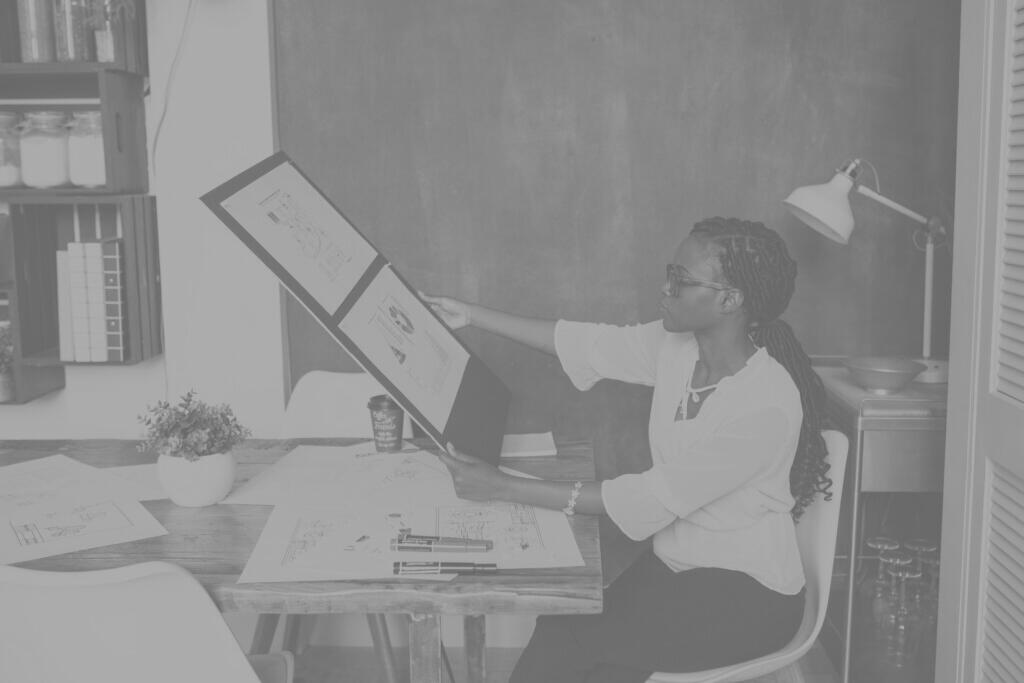Sorry I was away last week. With our move being so close, contractor scheduling and discussions on what needed to still get done took over my evenings.
This entire process of buying a place and fixing it up has been such a great money lesson. I’ve heard plenty of people say when doing projects like this that you should set your budget and then double it to get the amount you will actually spend.
It was one of those lessons I didn’t take to heart until I saw every little thing (and sometimes big things) adding up before my eyes.
Forget doubling our budget. We’ve tripled it. (Granted our original budget might have been a little small and probably unrealistic.) Of course, increasing the budget has lead to arguments over what we should spend our money on.
Despite having lived with each other and comingled our finances for over a decade, the difficulty in meshing our money personalities has never been more apparent than dealing with our new home purchase. So I wanted to share our struggles and how we’ve managed to get through the conflict for those of you dealing with the same issues.
The Problem
With increasing our housing budget we have dipped into our emergency fund, which freaks me out. Ben, on the other hand, feels comfortable taking on more risk in the short term for an investment that will hopefully pay off long-term.
The question becomes where do you draw the line when deciding how much money to spend versus how much to have in savings?
We could easily find a way to spend all of our savings and even go into credit card debt if we really wanted to. It seemed to me that’s what Ben was prepared to do, while I was not.
Find Common Ground
In an effort for a compromise, we sought to find some common ground.
Ben and I both agree that getting new floors isn’t an emergency. We also both think making repairs on the house before we moved in (e.g., the floors and updating closets) seemed the best way to get the most out of our new investment. Lastly, we both agree we should have cash on hand for emergencies. However, we differ on the amount we need.
With a personal finance fundamental like this, I defer to common opinion about how much to have as a starting point. You’ve likely heard the standard line of having three to six months worth of expenses saved for emergencies like losing a job, getting hurt in an accident, or a repair that you didn’t anticipate.
However, that standard increased for many people when the great recession hit and many were out of work for 27 weeks or longer. Experts like Suze Orman recommended having eight months worth of expenses. Others even recommended a year’s worth.
To me, while standards like three to six months are great, what you really need depends on your personal circumstances. If you have a stable job with dependable income you might be able to get away with the lower end of the spectrum. On the other hand, if you’re self-employed in a volatile industry, you should probably max out the amount of cash you have on hand for emergencies.
Bad stuff happens to good people, so be prepared
Since we both have stable incomes and no dependents, I feel okay having three months expenses in savings. However, I would feel most comfortable with six months. Again, Ben is comfortable with much less.
My argument for Ben is that everyone will encounter a true emergency, and we don’t’ want to find ourselves dipping into our credit cards or taxable retirement accounts just to get by.
He argued that while savings is important, it could also mean sacrificing quality of life when you don’t necessarily need to. In addition to being a double income household and buying a place we can comfortably afford, we also have all of the essential insurances – car, disability, health, home, and life – in order to mitigate some of the our risk. So he thought it was okay to take on a little more risk, especially when it’s easier to make substantive repairs to an empty house.
Do what feels comfortable
As I say with most personal finance issues, you should go with the approach that makes you the most comfortable. And in the end, my lowest threshold was three months of expenses for emergencies.
Ben agreed to use that as a measure and has reconfigured and put off some of our purchases to fit within the budget. He also chose to teach summer school to make some extra money to stash into savings.
I’m sure our money conflicts aren’t over. But the stress of buying a new place has taken our ability to discuss money and budgeting to another level, which will definitely benefit us in the long run.




